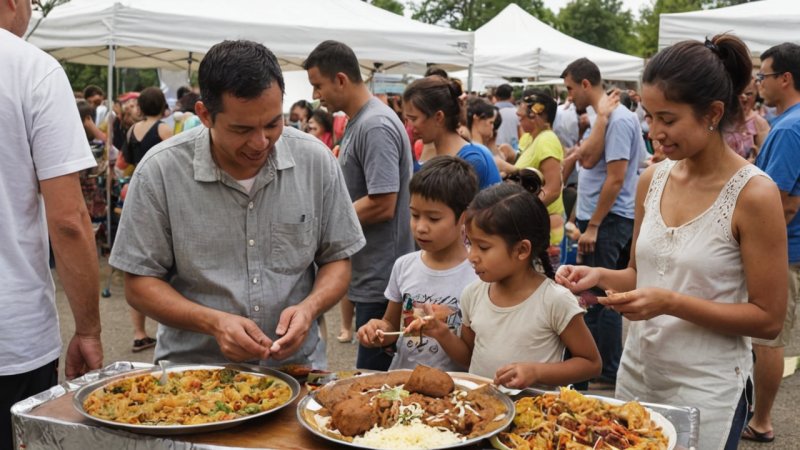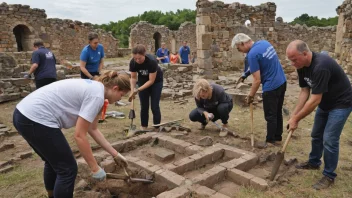Traveling isn’t just about visiting new places; it’s also a profound way to teach children about the world and its diverse cultures. Educational travel allows families to immerse themselves in different traditions, languages, and lifestyles, fostering a sense of curiosity and respect for global diversity. Here are some key points on how to make the most of educational travel with kids.
One of the greatest benefits of educational travel is the opportunity to learn through experience. Unlike textbooks, travel provides a multi-sensory experience that is more engaging for children. When they visit historical sites, interact with locals, or try new cuisines, they create lasting memories and a deeper understanding of the culture. For example, visiting ancient ruins in Greece can spark an interest in history, while cooking classes in Italy can introduce them to culinary arts.
Planning your journey with a focus on cultural education can enhance the travel experience. Consider choosing destinations known for their rich heritage, such as Japan with its blend of tradition and modernity, or India, where diverse cultures coexist. Involving children in the planning process can also be beneficial, as they may express interests in specific countries or activities, making them more excited about the trip.
While on the road, engage children in discussions about what they see and experience. Encourage them to ask questions, reflect on their feelings, and even keep a travel journal. This not only helps them process their experiences but also enhances their writing skills and creativity. You can also introduce them to local customs and languages, which can be both fun and educational.
Participating in local events, festivals, or workshops can provide invaluable insights into a culture. Whether it’s attending a traditional dance performance in Bali or participating in a pottery class in Mexico, hands-on experiences can deepen children’s appreciation and understanding of different ways of life. Additionally, visiting museums, cultural centers, and historical landmarks can provide context and background that enrich their travel experience.
Lastly, consider the impact of your travels on the local community. Educate your children about responsible tourism, the importance of respecting local customs, and the significance of supporting local businesses. This instills a sense of social responsibility and encourages them to be conscientious travelers in the future.
In conclusion, educational travel offers an exciting opportunity to teach children about different cultures in a hands-on way. By engaging them in the planning process, encouraging curiosity, and emphasizing responsible tourism, families can create enriching travel experiences that foster a lifelong love of learning and exploration. As you embark on your next adventure, remember that every destination has a story to tell, and your family can be a part of it.






